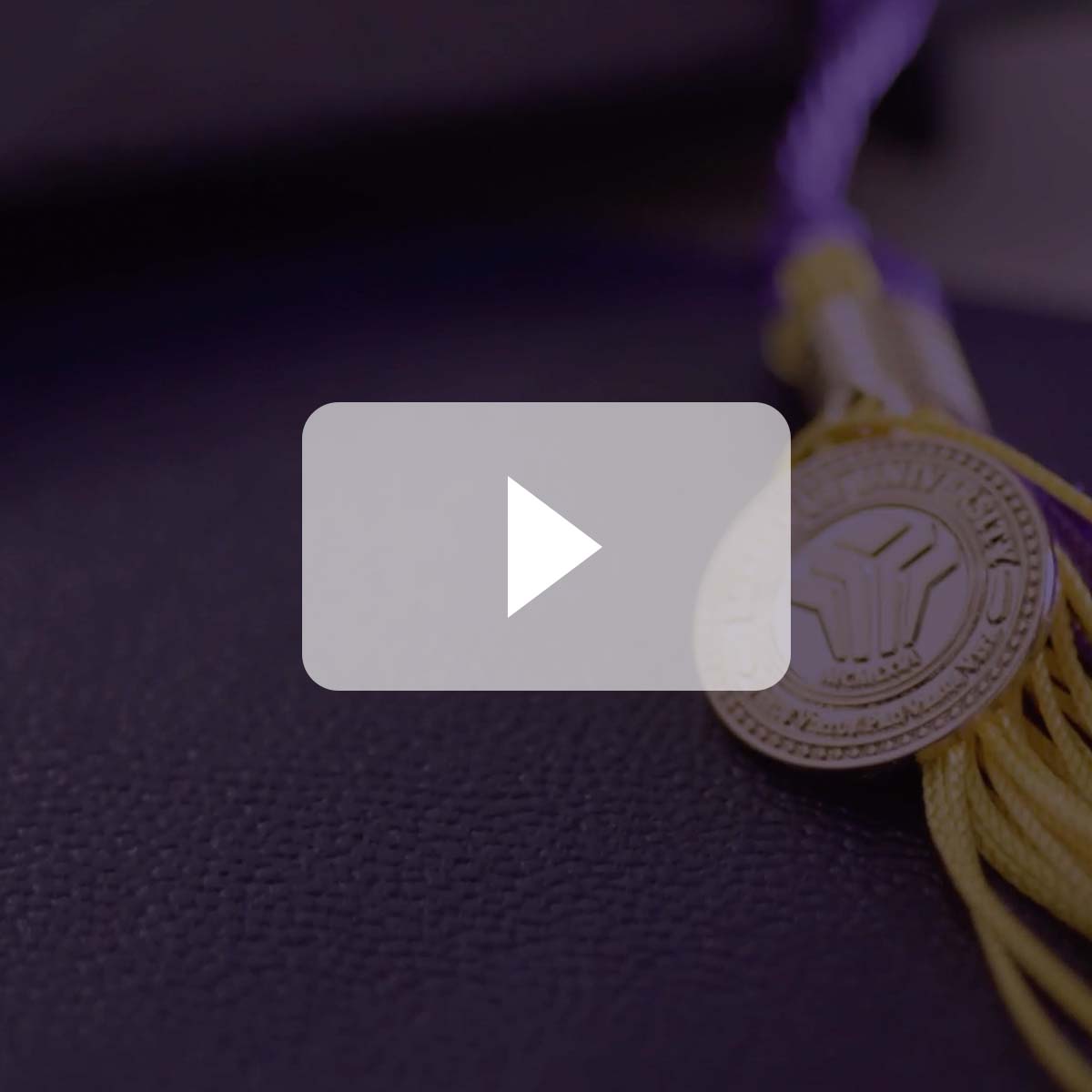Advice for Transferring Colleges
Transferring Colleges: Firsthand Advice for Finding Success
Many students who are considering transferring colleges find that the multitude of checklist items in the transfer process can seem overwhelming. In addition to examining your existing credit hours and gathering application materials, you'll also need to familiarize yourself with the transfer guidelines at different schools.
One common barrier to success for transfer students is understanding each school's unique transfer policies," explains Marche' Robinson. As the relationship manager for Bellevue University, she works regularly with students who are eager to transfer schools but are unsure of where to start.
The steps in the transfer process may be similar regardless of where you apply, but there are often some specific nuances to each institution's approach. As you begin researching different schools, Robinson offers the following advice.
3 Things to keep in mind when transferring colleges
Many assume that transferring colleges is a long, complicated process — but it certainly doesn't have to be. There are transfer-friendly schools out there committed to providing clear-cut pathways that help guide transfer students through the transition with ease.
The key is in knowing what to look for. The following three considerations will help you in your search.
As you review the various schools on your list, it's important to look into the details of their transfer policies. When it comes to transferring colleges, different institutions may have varying guidelines on who qualifies for certain programs, which transfer credits will be honored, and even how many of those credits they can accept.
The variables can be numerous, so Robinson suggests focusing primarily on your personal needs and aspirations as you search for the right school. "I usually ask potential transfer students, 'What's important to you?'" she offers.
Whether it's the program offerings, the cost, the number of credits honored, or the time to completion, Robinson encourages students to focus on what makes the most sense for their specific circumstances. "Map out what it is you want to accomplish, in what time frame, and for what cost," she advises. "Then look to partner with a transfer-friendly school to help you plan your next steps."
When it comes to transferring colleges, one of the most prominent questions students ask is, "Will my credits transfer?" After all, the more credit hours you're able to apply toward your new degree program, the quicker you'll be able to complete it.
There's no blanket rule for which credits a school will accept, so it's helpful to explore all of your options before committing to a certain program. Some colleges, for example, will only accept a small number of transfer credits. There are also institutions that will only honor credits that have been earned within a certain time threshold, meaning credits earned too many years ago may have expired. But this isn't always the case at transfer-friendly schools.
"At a transfer-friendly college, you'll find that your acquired credits can be applied toward the degree program you hope to pursue," Robinson explains. "Potential transfer students should seek out these schools to save money and time by avoiding repetitive coursework."
Bellevue University is one of those schools. Not only do transfer students not have to worry about their credits expiring, but the institution works hard to accept as many existing credits as possible. From transferring an entire associate degree to receiving credit for alternative experiences like military training, there are avenues to fit almost any student scenario.
In addition to seeking out transfer-friendly programs, Robinson suggests looking into opportunities to complete additional courses at a community college before transferring. "That's another way to help make your degree completion more cost-effective," she offers.
Finally, it's worth noting that a generous transfer credit policy isn't the only element that constitutes a transfer-friendly college. Without the proper guidance and resources to help lead them through the process, transfer students could encounter unexpected challenges.
Schools like Bellevue University have transfer specialists who are fully equipped to help students like you navigate the transfer experience smoothly. "It's important to find a college that will provide you with consistent communication with a liaison from the school," Robinson explains. "There are great benefits to having the assistance of someone who can guide you through the transfer process, help navigate a particular program's course requirements, and more."
Based on the credits you've earned and the experiences you've garnered over the years, your transfer student experience will be unlike the next student's. Because there's no clear-cut template to follow, consulting with transfer specialists and skilled admissions coaches can help you wade through the process with few complications.
"The support offered at Bellevue University provides students with a degree path that meets them where they're currently at in their journeys," Robinson adds.
Transfer colleges with confidence
Your path toward completing a college degree can be just as unique as you are, but there will still be a way forward for you. At a transfer-friendly university, you'll receive the support and guidance you need to make the most out of your previous college experience in pursuit of your professional future.
You can learn more about what to look for when transferring colleges by reviewing our article "How to find the best schools to transfer to: 6 Factors to look for".
Ready to see how your credits will transfer at Bellevue University?
Request a free credit evaluation today!Other resources we think you may like.
Advice for Transferring Colleges.
Transferring colleges can feel overwhelming — but it doesn't have to be. Keep these 3 things in mind.

How to Transfer Colleges
If you're looking to complete your degree, be sure to follow these 5 important steps.

Do my credits transfer? 7 things to consider.
Curious if all your credits will transfer? Read these seven considerations for college credit transfer.

How to find the best schools to transfer to: 6 factors to look for.
Learn how to find the most supportive schools for college credit transfer so that you can get the most from your experience.

Transferring from community college to university: Your step-by-step guide.
Figuring out how to balance work and college is essential for busy students. Consider these tips and tricks to successfully juggle it all.
Transfer All Your Credits
If you're headed back to school, you should get credit for all your previous coursework. Learn what makes Bellevue University a transfer-friendly college.
1000 Galvin Road South
Bellevue, Nebraska 68005
402.293.2000
402.293.2000
1.800.756.7920
1.800.756.7920
More Contact Details ›
Technical Support ›
© 2025 - Bellevue University











